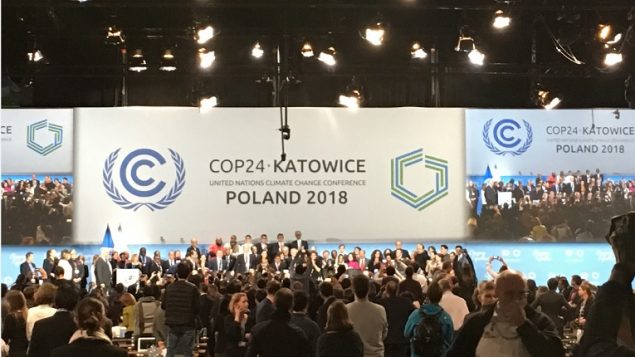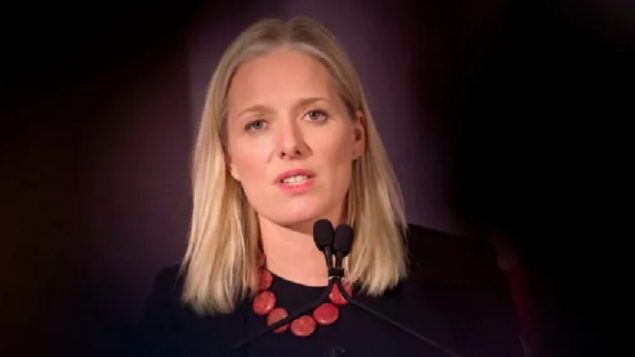The United Nations Climate Change Conference is the 24th Conference of the Parties to the United Nations Framework Convention on Climate Change (COP24) has ended in Katowice, Poland.
In attendance was Binnu Jeyakumar, Director of Clean Energy at Pembina Institute which is a Canadian non-profit think tank advocating for policies that reduce the use of fossil fuels, and supporting the transition to cleaner energy. I reached her in Europe by mobile phone.
ListenAs has been the case with all such meetings, there are people who say much was accomplished, and others who say it didn’t go far enough to deal with the pressing issue of climate change and actions needed to mitigate those effect.

Binnu Jeyakumar, Pembina Institute
Ms Jeyakumar says one of the main accomplishments was the development of the “rule book” which dictates how the Paris agreement will be implemented and how nations will be held accountable and the process of tracking and transparency of data produced.

The celebration at the finalization of the rulebook (implementation of Paris Agreement) – Dec 15 (Binnu Jeyakumar)
She also says that although not complete, progress was made on transferring funds from developed nations to developing nations to help in their climate mitigation and pollution reduction plans and on plans to track how the money would be used by those receiving nations.
Also not resolved this time was the important concept of carbon trading rules and standardised credits among nations even though the underlying tone for the event was set by the recent IPCC report pointing to a worsening climate change situation.
As for carbon pricing, such as in the contentious tax proposed in Canada, she says it was viewed more as a business opportunity to develop new cleaner technologies.

Canadian Minister of Environment and Climate Change Catherine McKenna said more work remains over the coming year after negotiators in Katowice failed to reach an agreement on emission trading. (Frank Gunn/Canadian Press)
Canada and the U.K also headed a meeting on the issue of use of coal with 80 countries agreeing to phase out coal by 2030
She noted that was impressed by the amount of work needed and done to achieve consensus among the some 176 nations represented, adding climate is the lead issue for her generation.
Additional information-sources







For reasons beyond our control, and for an undetermined period of time, our comment section is now closed. However, our social networks remain open to your contributions.